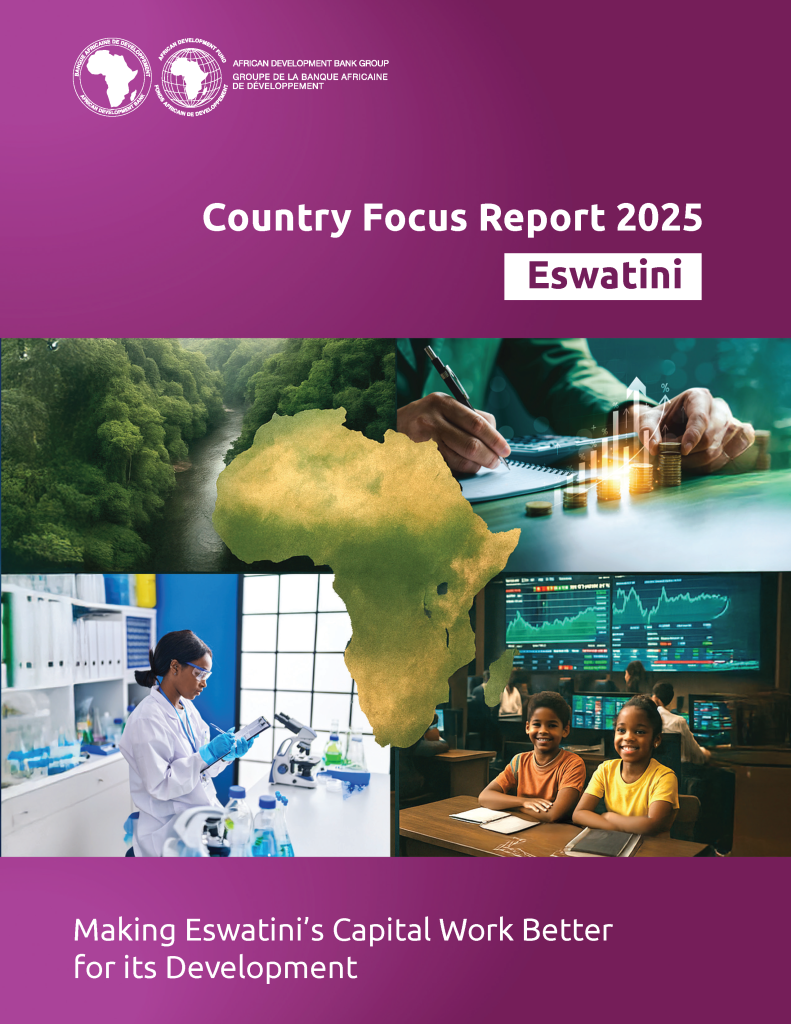
The African Development Bank Group’s Country Focus Report (CFR) 2025 for Eswatini reveals a surprising insight.
It states that the end of apartheid in South Africa diverted FDI from Eswatini, eroding the kingdom’s competitive edge and shifting the economy’s main role from facilitator to primary driver.
The CFR report is published annually to align with the Bank’s flagship African Economic Outlook (AEO). It offers a brief analysis of Eswatini’s main development challenges and suggests policy options.
The report is based on stakeholder consultations and desk research, and for 2025, the theme is “Making Africa’s Capital Work Better for Africa’s Development.”
The 2025 report classifies Eswatini as a lower-middle-income country, and since 1995, it has relied heavily on government-led development.
Since 1980, Eswatini’s economic performance has gone through two distinct growth phases, largely influenced by political and economic changes in South Africa. Between 1980 and 1995, Eswatini saw strong growth averaging 8% annually under a private-sector-led model.
This growth was fueled by FDI that bypassed apartheid-era South Africa, leading to significant international investment in manufacturing and agro-processing, supported by regional market access.
After 1995, however, economic growth slowed to about 3% per year. The reintegration of South Africa into the world economy shifted FDI away from Eswatini, weakening its competitive position.
In response, Eswatini increased public spending to try to maintain growth, shifting the focus from facilitation to actively driving the economy.
The private sector, which had been the main engine of growth, stagnated, especially after 2001. Domestic resource mobilization remained weak.

In 2024, total government revenue was 30% of GDP, with tax revenue at 29.4%. However, the growth in tax revenue from 2023 to 2024 is still below what is needed for structural change by 2030, limiting investments in long-term development.
On a hopeful note, the report highlights that better use of the kingdom’s natural, financial, and human resources could unlock the assets needed for sustained and inclusive economic progress.
In a previous interview, the country’s Minister of Finance, Neal Rijkenberg, substantiated this claim.
“History suggests that when South Africa is facing economic growth challenges, Eswatini’s growth tends to be good, while when South Africa is performing well, Eswatini’s growth tends to lag,” he noted.
